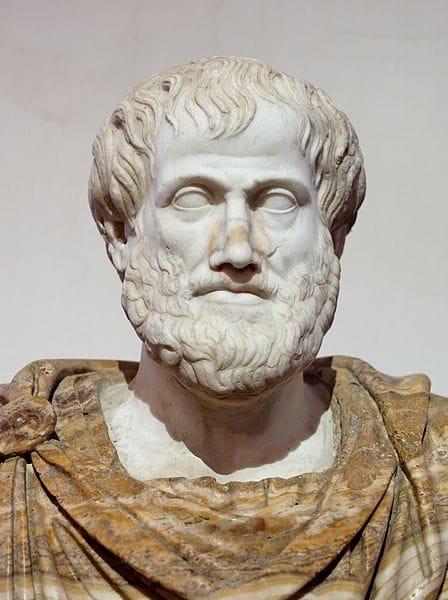In considering the extraordinary complexity of the intersection of politics, policy and economics, it might be instructive to consider the works of both Aristotle and Adam Smith.
In fact, if the two met to discuss the prospects for today’s global capital markets, what might they consider and what predictive insight would they offer? I think they might both embrace the emerging discipline of “Sustainable Investing,” whereby the material factors of Environmental, Social and Governance (ESG) are completely integrated into traditional investment analysis.
Why? Because both Aristotle and Smith recognized that individually driven behaviors, albeit perfectly rational, might lead to unexpected and quite negative consequences. But through enlightened self-interest, the world’s capital markets can serve a good purpose.
Aside from having profoundly shaped Western thinking on subjects ranging from logic, politics, ethics and morality to linguistics, poetry, music, physics and zoology, Aristotle at the Lyceum might have guided today’s research analysts to think long-term and pursue all facets of economic inquiry. In particular, in sorting out an investment dilemma, he might have said that a “tragedy of the commons” could offer both dramatic risk and opportunity given that “what is common to the greatest number has the least care bestowed upon it.” Think about what we pay for the air we breathe, the water we drink and the ecosystems sustaining the world’s flora and fauna.

Adam Smith
So, while independent entities may act rationally in near-term self interest, there might be devastating consequences for a shared, limited resource. Thinking more about climate change, water scarcity, capital adequacy, liquidity and systemic risk in the financial system in this context might prove instructive. Arguably, in investment terms, those companies who take a more universal view of these things and are best positioned to innovate in areas of energy efficiency, labor force engagement and productivity, supply chain management and excellent governance will offer more compelling risk-adjusted returns for shareholders and all other stakeholders. In fact, if Aristotle leaped from 335 BC to 1776, he might have heard Adam Smith talking about an investor who “by pursuing his own interest, frequently promotes that of the society more effectively than when he really intends to promote it.”
While also considering rational individual economic behavior, Dr. Smith might have commented to Aristotle that market participants are “led by an invisible hand to promote an end which was no part of his intention.” In The Wealth of Nations, Smith would have agreed that in capitalism (what in his day he may have referred to as a “system of natural liberty”), there can indeed be unintended negative consequences or externalities. But in the final analysis, I think that Aristotle and Smith would have agreed that “Sustainable Investing” is indeed the way forward to optimize long term capital allocation and investment performance, and to guide the global capital markets towards the best intended outcomes for all.

























